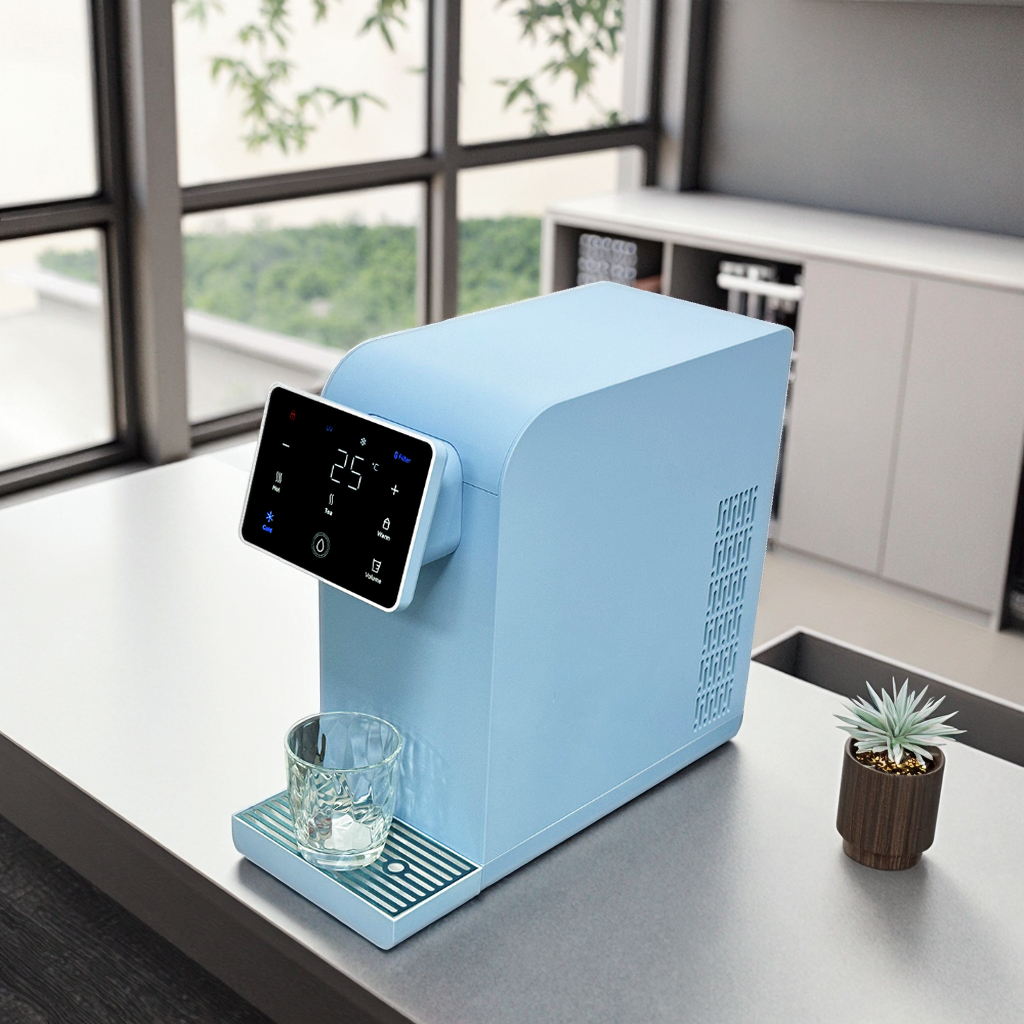Imagine showering in chlorine-free water, washing clothes in softened water, and drinking from any faucet without a separate filter. Whole house water filtration systems make this a reality by treating all the water entering your home. This definitive guide explains how they work, their benefits, and how to choose the right one for your needs and budget.
Why Consider a Whole House Water Filter?
[Search Intent: Problem & Solution Awareness]
Point-of-use filters (like pitchers or under-sink systems) clean water at one location. A whole house system protects your entire home:
Healthier Skin & Hair: Removes chlorine that causes dryness and irritation.
Longer Appliance Life: Prevents scale buildup in water heaters, dishwashers, and washing machines.
Cleaner Laundry: Prevents rust and sediment stains on clothes.
Convenience: Provides filtered water from every tap in the house.
Types of Whole House Water Filters
[Search Intent: Understanding Options]
Type Best For Key Features Pros Cons
Carbon Filters Chlorine removal, better taste/odor Activated carbon media Affordable, low maintenance Doesn’t remove minerals or hardness
Sediment Filters Sand, rust, dirt removal Pleated or spun polypropylene Protects plumbing, inexpensive Only removes particles, not chemicals
Water Softeners Hard water problems Ion exchange technology Prevents scale, softer skin/hair Adds sodium, requires regeneration
UV Purifiers Bacterial contamination Ultraviolet light chamber Chemical-free disinfection Doesn’t remove chemicals or particles
Multi-Stage Systems Comprehensive protection Combined sediment+carbon+other Complete solution Higher cost, more maintenance
Top 3 Whole House Water Filters of 2024
Based on performance, value, and customer satisfaction.
Model Type Capacity Key Features Best For Price
Aquasana Rhino® 600,000 Multi-Stage 600,000 gal Salt-free descaler, carbon+KDF filtration Medium-large homes $$$
SpringWell CF+ Composite System 1,000,000 gal Catalytic carbon, UV option available Well water or city water $$$$
iSpring WGB32B 3-Stage System 100,000 gal Sediment+carbon+KDF filtration Budget-conscious buyers $$
5-Step Selection Guide
[Search Intent: Commercial - Buying Guide]
Test Your Water
Use a lab test ($100-$200) to identify specific contaminants
Check water hardness levels (test strips available at hardware stores)
Determine Your Flow Rate Needs
Calculate peak water usage: ______ bathrooms × 2.5 GPM = ______ GPM
Choose a system rated for your peak flow rate
Consider Maintenance Requirements
Filter change frequency: 3-12 months
System regeneration needs (for softeners)
UV bulb replacement (annual)
Evaluate Installation Factors
Space requirements (typically 2′×2′ area)
Plumbing connections (¾” or 1″ pipes)
Drain access (for softeners and backwashing systems)
Budget for Total Cost
System cost: $500-$3,000
Installation: $500-$1,500 (professional recommended)
Annual maintenance: $100-$300
Professional vs DIY Installation
[Search Intent: "whole house water filter installation"]
Professional Installation Recommended If:
You lack plumbing experience
Your main water line is difficult to access
You need electrical connections (for UV systems)
Local codes require licensed plumber
DIY Possible If:
You’re handy with plumbing
You have easy access to main water line
System uses push-to-connect fittings
Cost Analysis: Are They Worth It?
[Search Intent: Justification / Value]
Initial Investment: $1,000-$4,000 (system + installation)
Annual Maintenance: $100-$300
Potential Savings:
Extended appliance life (2-5 years longer)
Reduced soap and detergent use (30-50%)
Lower plumbing repair costs
Eliminated bottled water expense
Payback Period: 2-5 years for most households
Post time: Sep-05-2025


